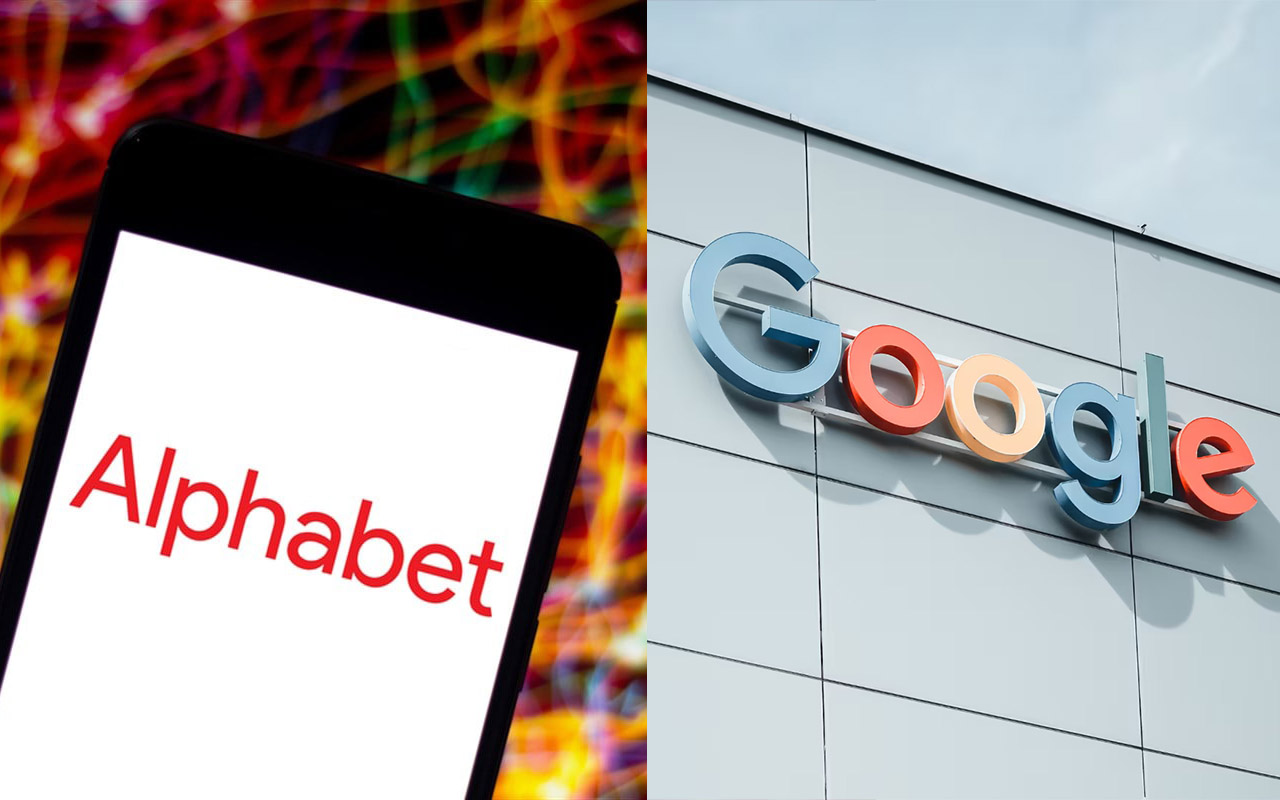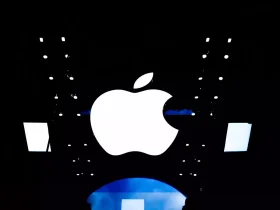Google has navigated significant challenges over the past year, particularly concerning the emergence of generative AI and mounting regulatory scrutiny.
The company’s response has been robust, with strategic shifts such as reorganizing key teams around AI, implementing changes in search algorithms, and introducing its proprietary Gemini AI model to leverage this technology.
To realign its focus, Google has trimmed projects and conducted layoffs. However, these measures have been accompanied by positive financial moves. In its Q1 2024 earnings report, Google announced its inaugural dividend payment and a substantial $70 billion share buyback program.

Investors have responded favorably, propelling Google’s parent company, Alphabet, to a $2 trillion market capitalization, a milestone it has now maintained for an entire trading day. Google ranks as the fourth most valuable public company globally, trailing only Nvidia, Apple, and Microsoft in market value.
Unlike Meta, which faced a stock price decline following Mark Zuckerberg’s acknowledgment of the lengthy timeline to monetize generative AI, Google has already begun capitalizing on this technology. The company has introduced AI-driven features in its advertising tools, resulting in notable success stories with advertisers.
While Google has yet to monetize AI responses in its search engine, CEO Sundar Pichai expressed confidence in managing associated costs. The company remains cautious about disrupting the search experience and emphasizes a balanced approach to integrating generative AI.

Financially, Google’s core businesses continue to thrive, reporting $23.7 billion in profit on $80.5 billion in revenue for Q1 2024. Notably, this represents a 15% increase in revenue year over year and a 14% rise in profit compared to the previous quarter.
Despite workforce reductions aimed at bolstering profitability, Google appears to have curtailed layoff-related expenses. The company’s Q1 report indicates a decrease in severance spending compared to the previous quarter.
Key revenue streams such as search and advertising, YouTube ads, and subscriptions have all experienced healthy growth, reflecting Google’s ongoing business resilience.
Efforts to enhance YouTube’s short-form video platform, YouTube Shorts, have yielded positive results, with increased creator engagement and monetization rates.







Leave a Reply